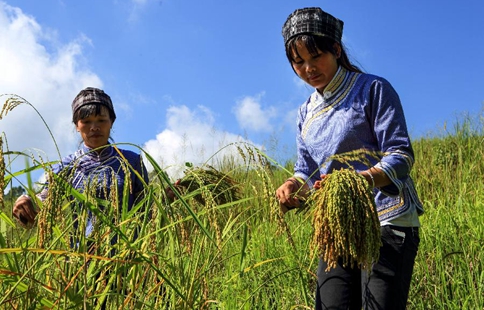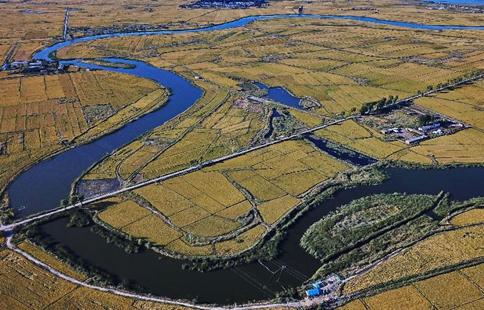CANBERRA, Sept. 19 (Xinhua) -- Australia's smallest endangered species are at the greatest risk of extinction thanks to an imbalance in conservation funding and awareness campaigns, according to a global study headed by a researcher from Deakin University.
Speaking on Australian Broadcasting Corporation (ABC) radio on Tuesday, lead researcher Dr Thomas Newsome said that conservation efforts were widely targeted at larger endangered species such as sharks and rhinos, meaning smaller, hard-to-find Australian species such as the wallaby and the bilby are left at the greatest risk of extinction.
"We've basically neglected a whole suite of species, and our research suggests that we should be putting just as much effort into the smaller species as the larger ones," Newsome said.
He said that widespread land clearing, aggressive farming practices and the introduction of foreign predators posed the greatest risk to some of Australia's most iconic species, and had contributed to Australia having the highest mammal extinction rate in the world.
"A lot of the freshwater fish in Australia have been ignored, and these species have highly restricted and specialized habitat requirements. Habitat loss can basically wipe out a single species in one blow," he said.
"For the mammals on the other hand, it's small wallabies and bilbies which are highly threatened. In fact, Australia has the highest extinction rate in the world for mammals.
"We've lost 30 mammals to extinction in the past 200 years - that's half the world's mammal extinctions in our own backyard. And when you take these animals out of the system, there can be cascading impacts on the ecosystem."
Newsome said that in order to lower the extinction rate in Australia, more funding for smaller species was required, while a lessened human impact on the ecosystem was also required.
"We need to slow down the rate of deforestation, and probably need to change our forestry practices, but unfortunately policy is heading in the other direction," Newsome said.

















